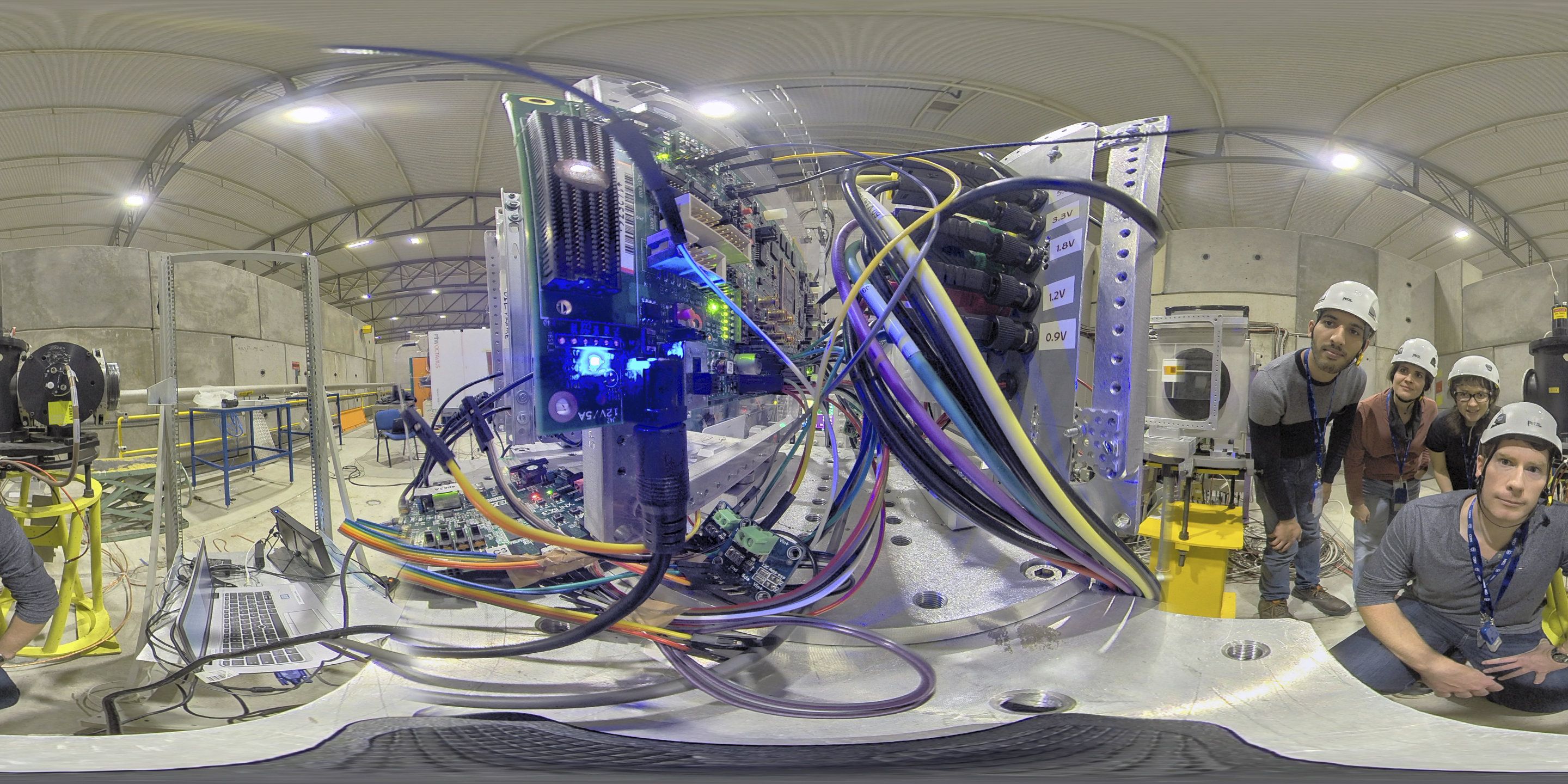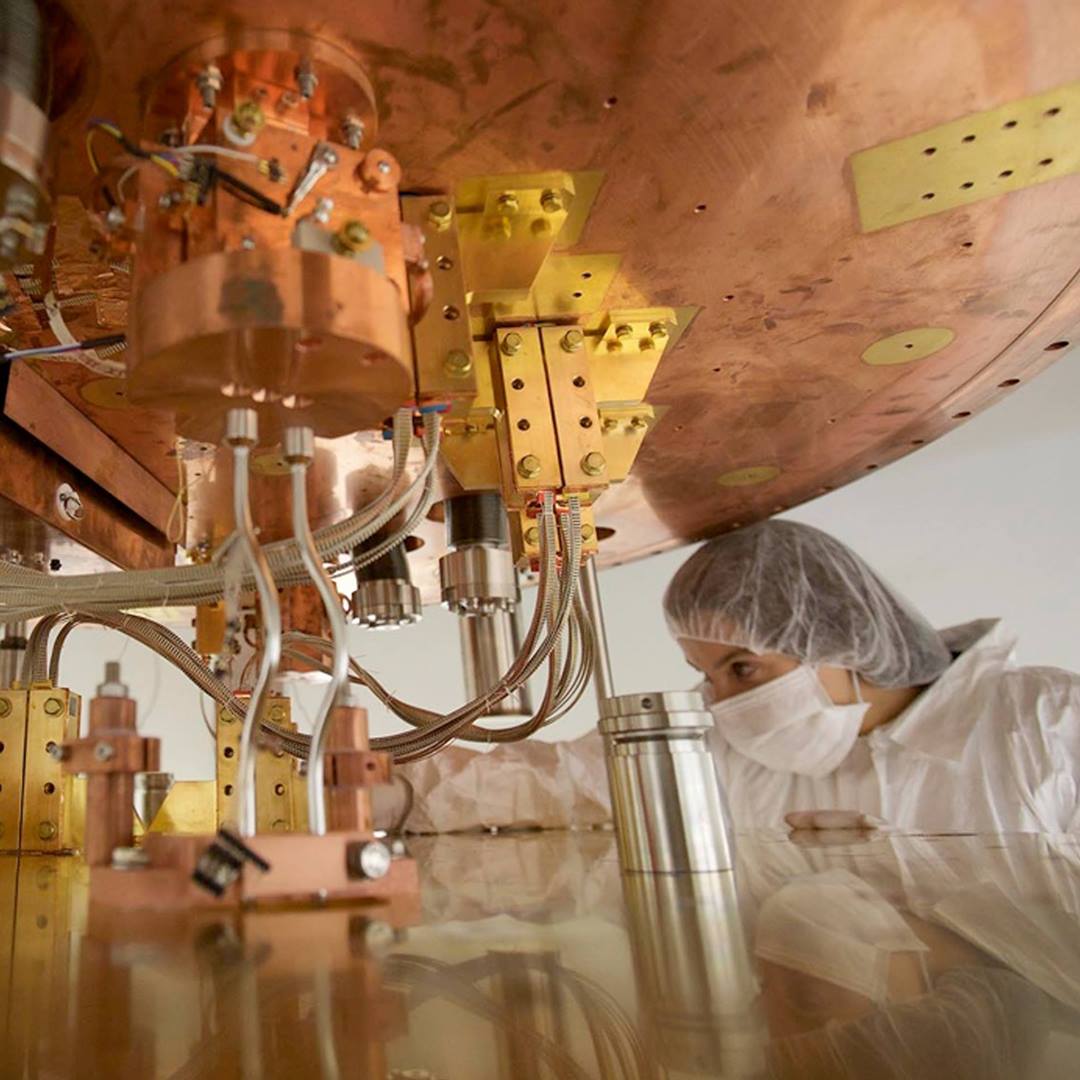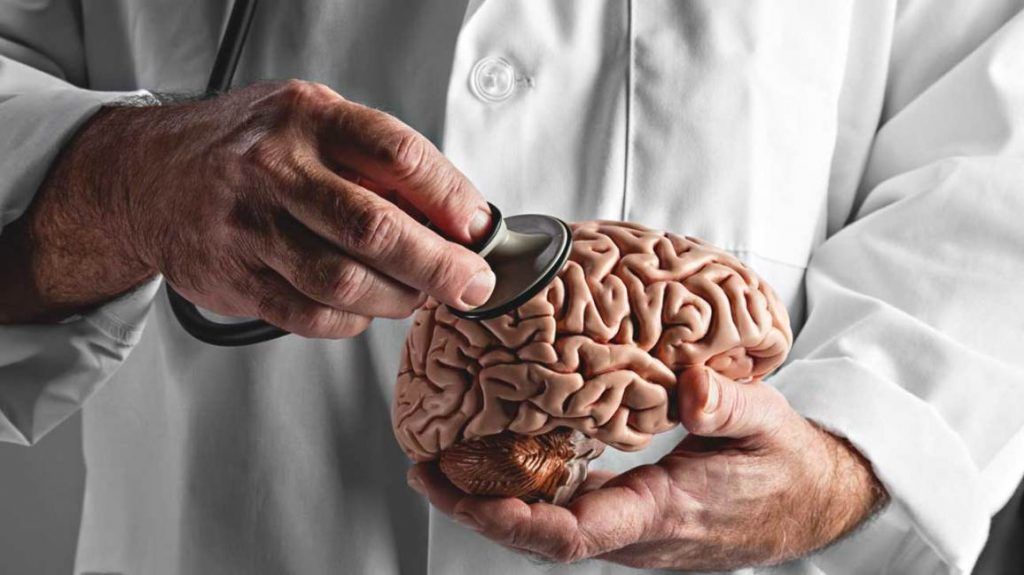Dec 4, 2018
Natural selection in the womb can explain health problems in adulthood
Posted by Genevieve Klien in categories: biotech/medical, health
Conditions encountered in the womb — when the embryo consists of only about 100 cells — can have life-long impact on health. Scientists previously assumed that this is because embryos respond to adverse conditions by programming their gene expression. Now an international team of researchers at the Leiden University Medical Center, Wageningen University and Research, Lund University, Columbia University Mailman School of Public Health in New York propose a radically different alternative. Rather than being programmed by the environment, random differences in gene expression may provide some embryos with a survival advantage, in particular when conditions are harsh. By studying DNA methylation, an important mechanism to control gene activity, the researchers found that a specific part of the DNA methylation pattern was missing among famine-exposed individuals. The findings are published in the journal Cell Reports.















